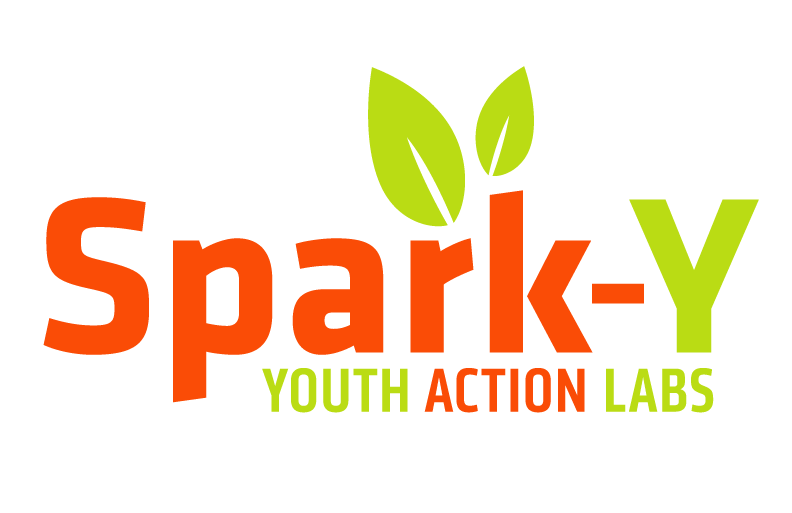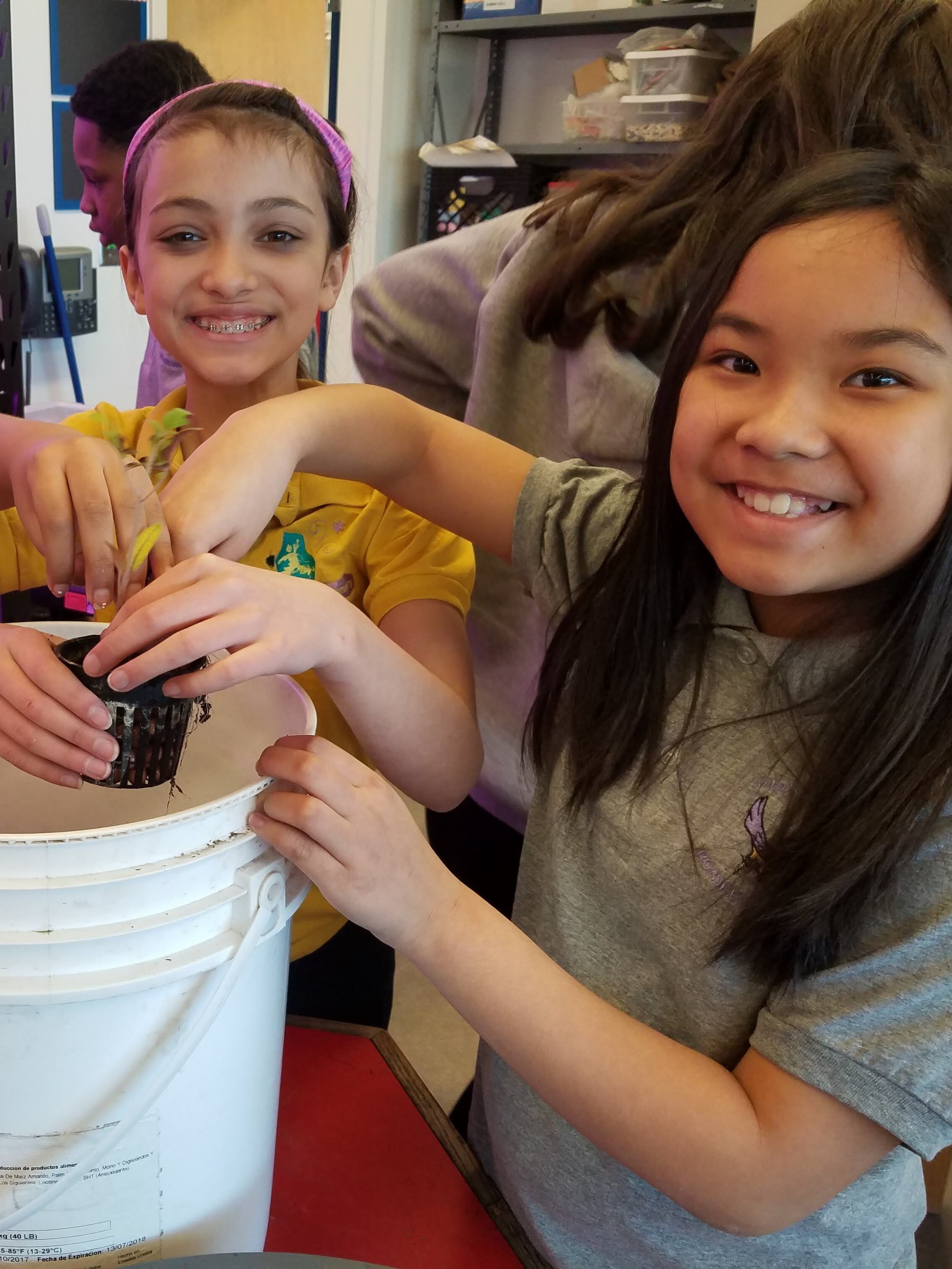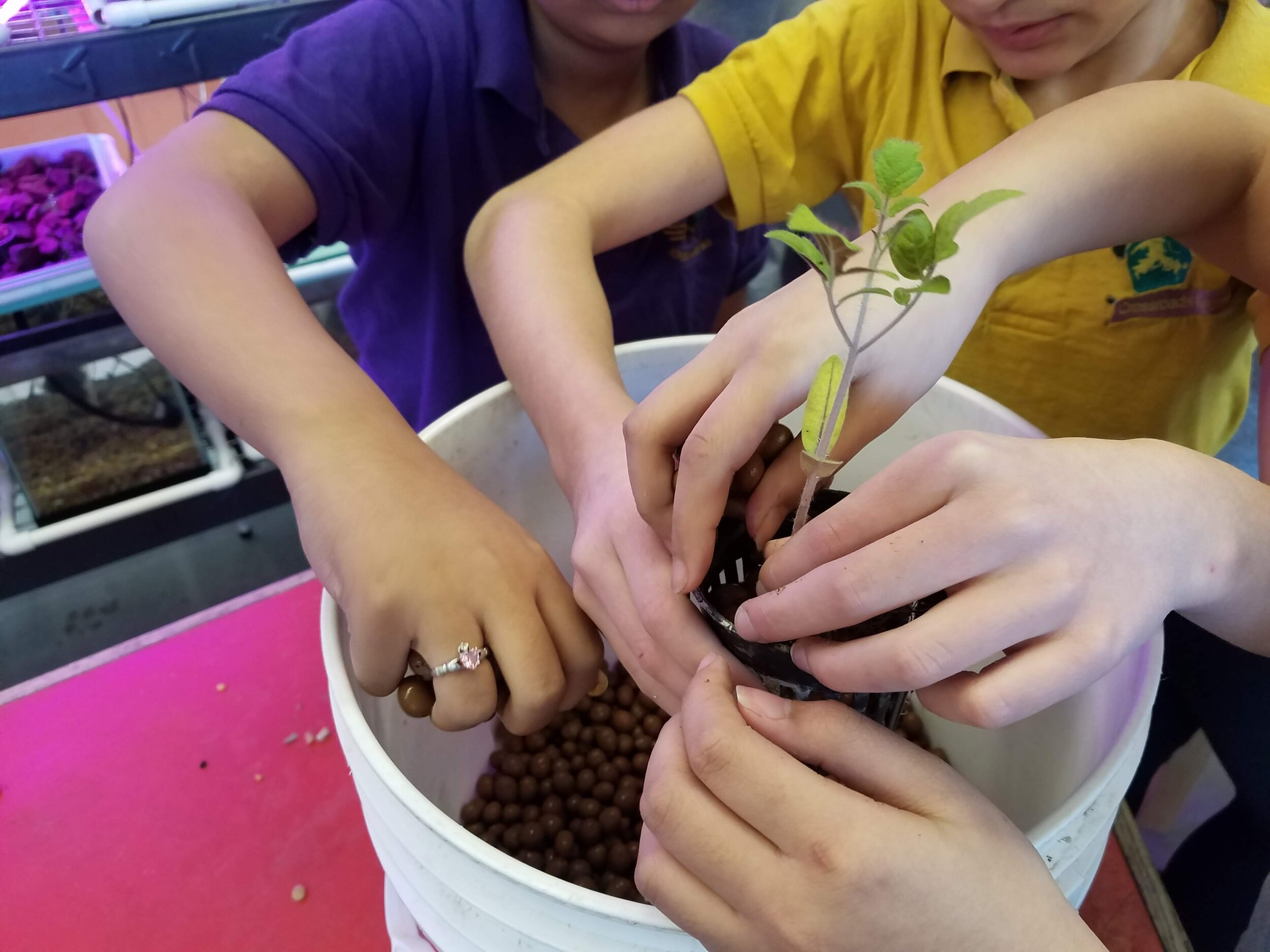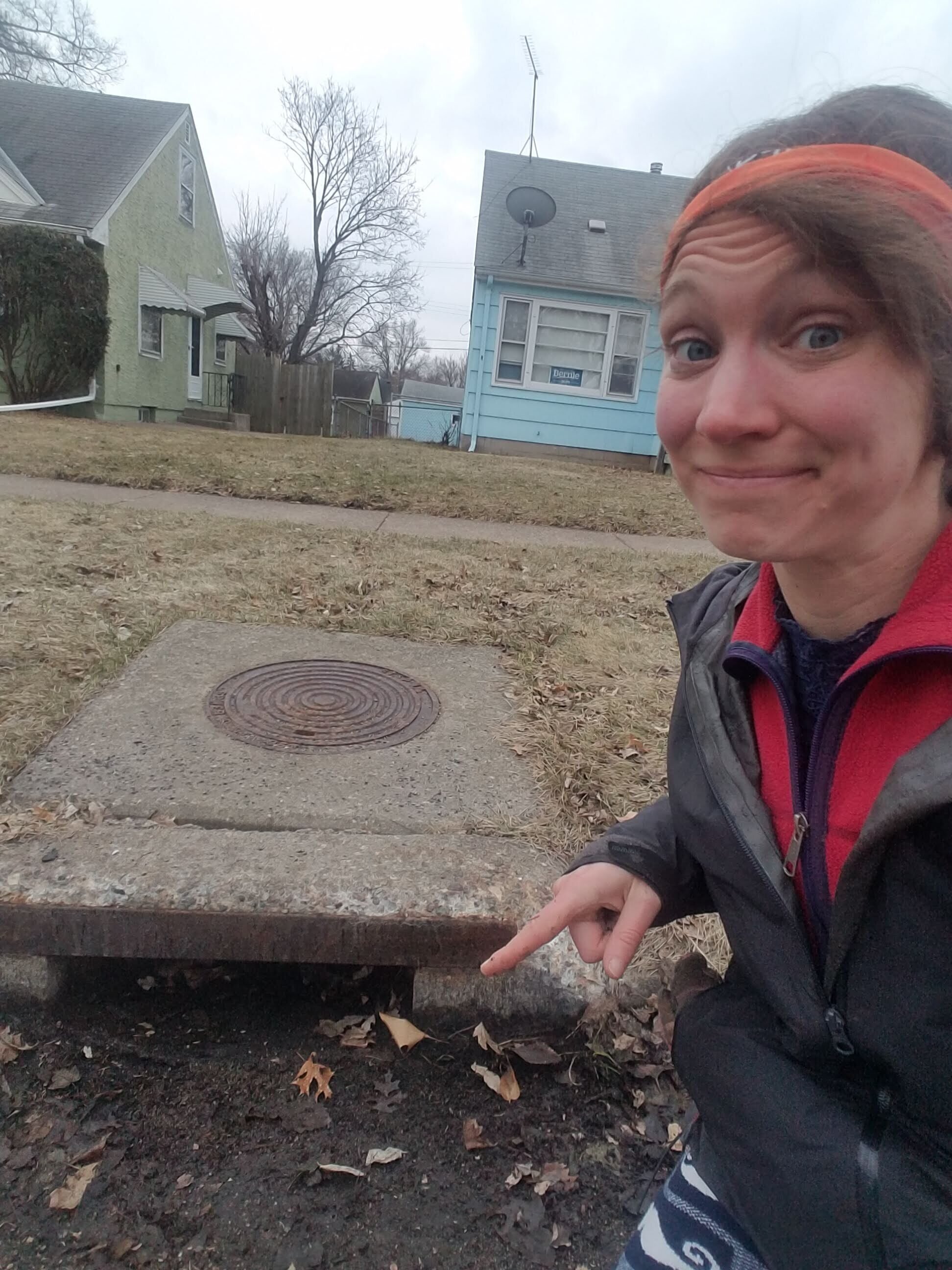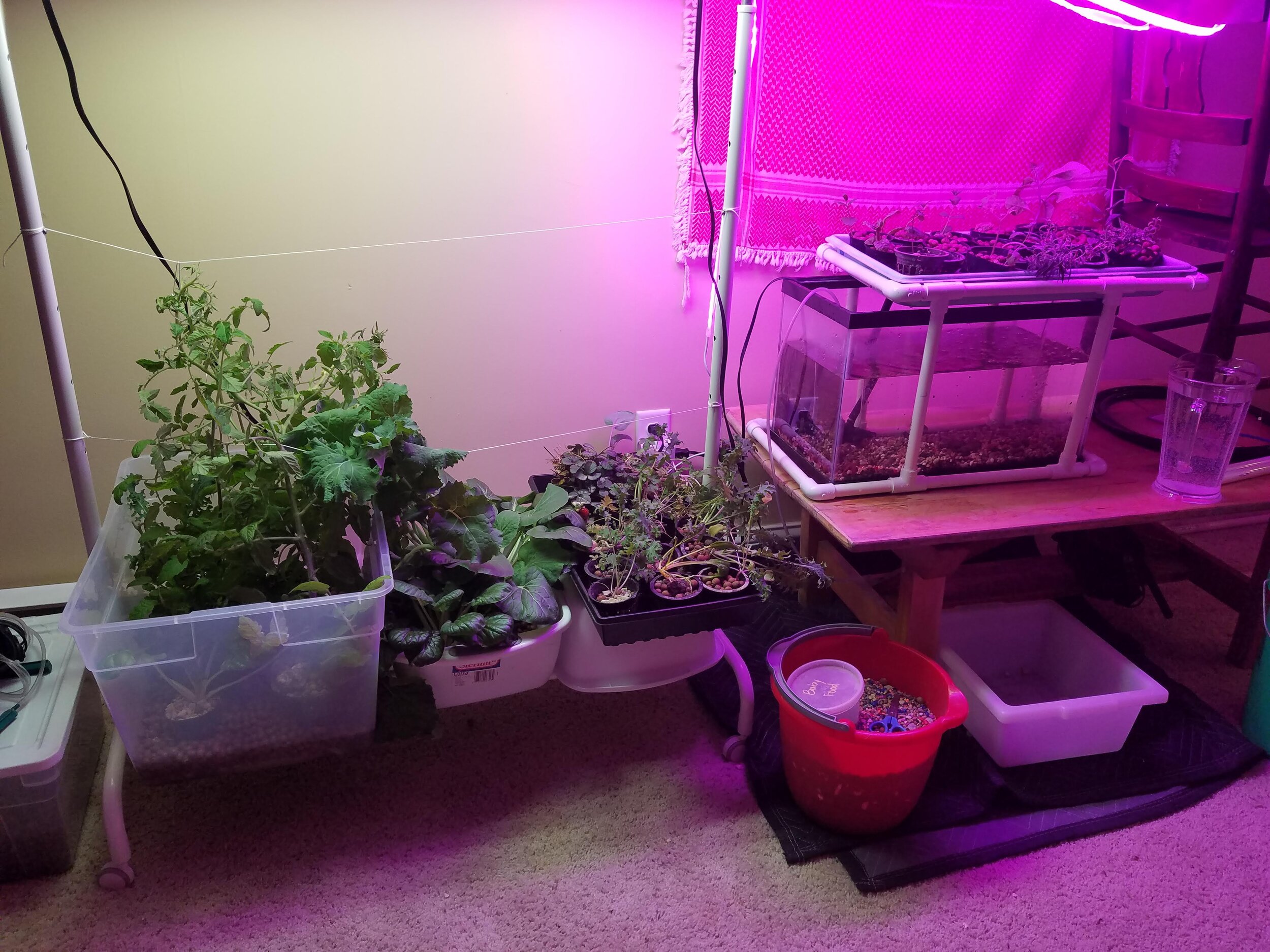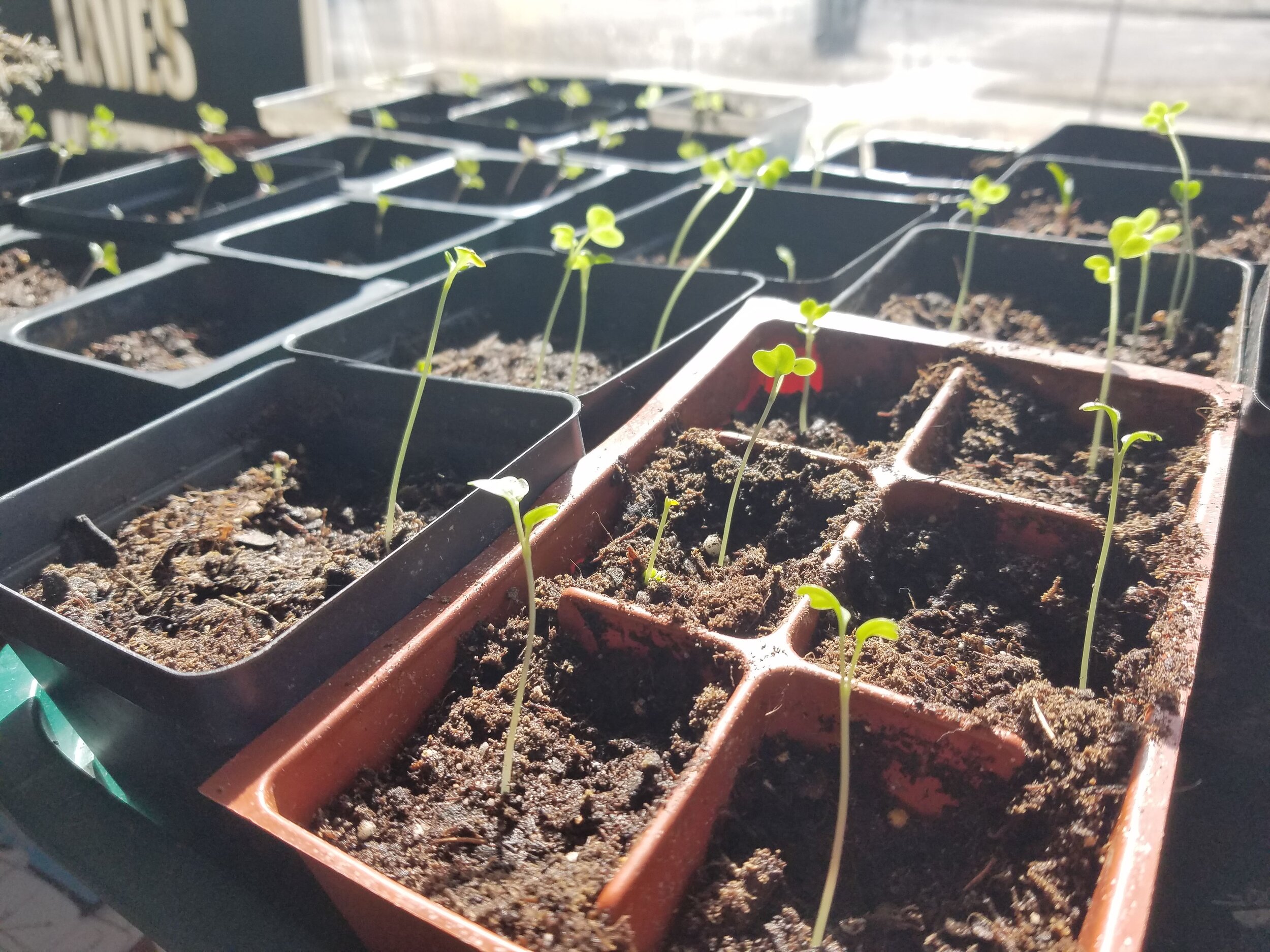Youth empowerment and sustainability non-profit seeking passionate, idealistic, and results oriented Education Director. Must be willing to get hands dirty, cut through red tape, and fight for justice with youth from all backgrounds. A leader and a coach. Ability to direct education staff in youth programming and oversee creation and maintenance of authentic, empowering curriculum. Ability to develop and manage relationships with school administrators, community members, and youth a must. Ability to think critically and deliver results on professional and legal documentation and organization. Maintains a high level of compassion, balance and results. Science Teaching License and Masters in Ed preferred along with 3 years of leadership experience.
Send cover letter and resume to: jobs@spark-y.org
Power Statement:
Leader of educators, friend of teachers and administrators. Maintainer of balance, spreader of love, asker and answerer of questions. Holder of the peace, the vision, and the grounded plan. Coach, facilitator, and challenger for excellence in program delivery. Overseer of youth empowerment mission delivery
Job Description:
Oversees and manages all education programs with Spark-Y: Youth Action Labs. The Education Director is the air traffic controller of the school programs branch of Spark-Y and must ensure optimal performance and success of its mission through school, community and program partnerships. The Education Director ensures education programs maintain an authentic and empowering student experience with hands-on sustainable systems being the central curriculum, supplemented by other sustainable and entrepreneurial activities. This is done by training and coaching educators as well as working to develop and curate curriculum while soliciting feedback from school partners. The Education Director also works very closely with the Executive Director and the executive team to strategize content creation, future growth, and the Spark-Y Academy. The Education Director manages administrative relationships and partnerships pertaining to education programs. They will also coordinate closely with the Lead Sustainability Educator and Community Outreach Coordinator to place interns. The Education Director oversees the collection and analysis of all key school information for reporting and impact measurement. They also spearhead the initiative to bring Spark-Y curriculum into the community through workshops. The Education Director knows the status of people and things at Spark-Y at all times - including progress of programs ongoing and upcoming; the needs of staff; relationships with teachers, students, schools and community partners; and the ongoing or adapting needs of stakeholders. Accordingly, the Education Director ensures that all parties have what they need when they need it.
Essential Job Functions:
Program and Partnership Leadership - 30%
Create, communicate, and lead a shared community vision that cuts down barriers and creates opportunities and outcomes for youth.
Understand goals, scope and sequence, strategic importance of education programs and community partnerships.
Oversee program progress towards timely achievement of learning and systems goals.
Confidently and knowledgeably discuss programming, education model, curriculum options, impact; and adapt delivery for context of stakeholder.
Manage relationships with key stakeholders and decision makers (principals, community leaders, etc.) to ensure mutual understanding and program success.
Ensure hands-on education experiences are unique and authentic learning opportunities ○ Manage grant funding requirements pertinent to specific programs
Coordinate and ensure strong delivery of community workshops
Staff Management - 20%
Supervise education engaged staff; manage hiring of education staff as necessary
Direct professional development of staff members, scheduling trainings, sharing opportunities and tracking achievement
Manage annual program cycles and staff scheduling / capacity
Lead weekly meetings ○ Document and manage direct reports performance
Curriculum Development & Organization - 30%
Create and add to the vision and direction of Spark-Y programs, navigating a course to continuously improving content and program literature
Support the creative improvement of our action-oriented curriculum aligned with Spark-Y education models (5E, 5 Keys, and 3 Phase); ensure rigor, program quality, consistency, and branding
Develop new lesson plans and units within key learning areas. Learning areas designed around real world hands on (RWHO) vehicles, and are aligned to both K-12 education standards and employer requirements
Quality control of content and delivery via occasional in-person classroom audits ○ Workshop development
Align curriculum with legal/education standards
Impact Measurement - 10%
Oversee and improve upon impact measurement processes as well as data collection and analysis
Write annual reports on status of educational programming
Strategic Direction & Cross-Functional Leadership - 10%
Participate in leadership meetings to drive direction of the organization
Collaboration with various department leads and teams to drive results smoothly across the organization
Requirements:
Experience + skills:
Working with youth (grades K-12) in an autonomous education program
Sustainability training and/or certification
Classroom teaching experience (all grades)
Reliable mode of transportation
Desired Experience/Education:
Bachelor degree; post-graduate degree preferred, teaching license preferred
Desired knowledge areas:
Aquaponics
Gardening / permaculture
Urban / indoor farming
Food systems
Culinary basics
Basic construction / mechanical troubleshooting
Composting / vermiculture
Mycology / bioremediation
Arduino / coding basics
Desired Experience/Education:
Bachelor degree; post-graduate degree preferred, teaching license preferred
Salary:
$40,000+ starting (DOQ / Commensurate with experience) + Benefits
To apply, send resume and cover letter to jobs@spark-y.org
At Spark-Y we value: being of service, providing solutions, advocating for youth, exemplifying balance, delivering on outcomes, and facilitating enterprise. Our leadership and staff build collaborative relationships with our partners and team members to empower ourselves and others. We’re a forward-thinking organization fueled by resourceful innovators that take the initiative to better serve our mission. We encourage applicants of all backgrounds to apply, including women and applicants of color. | EEOC Employer.
